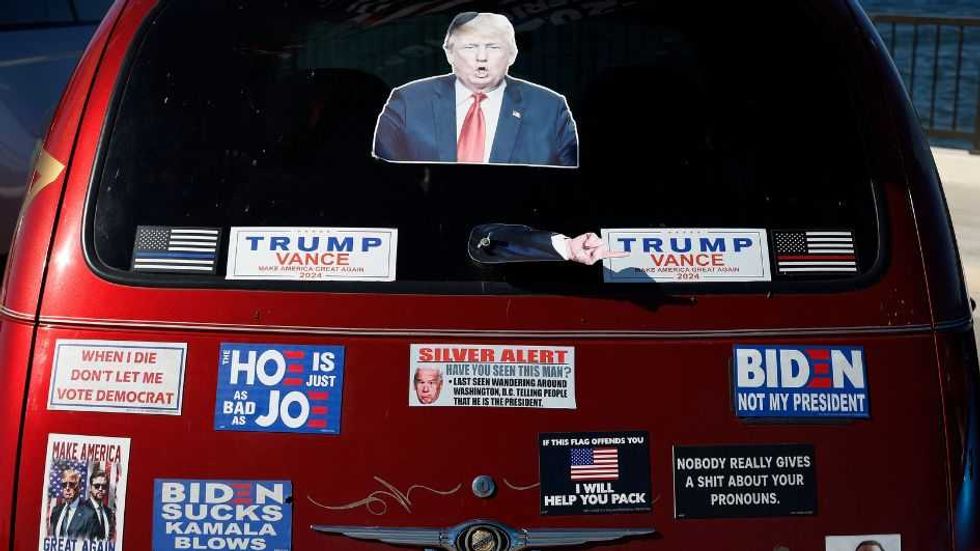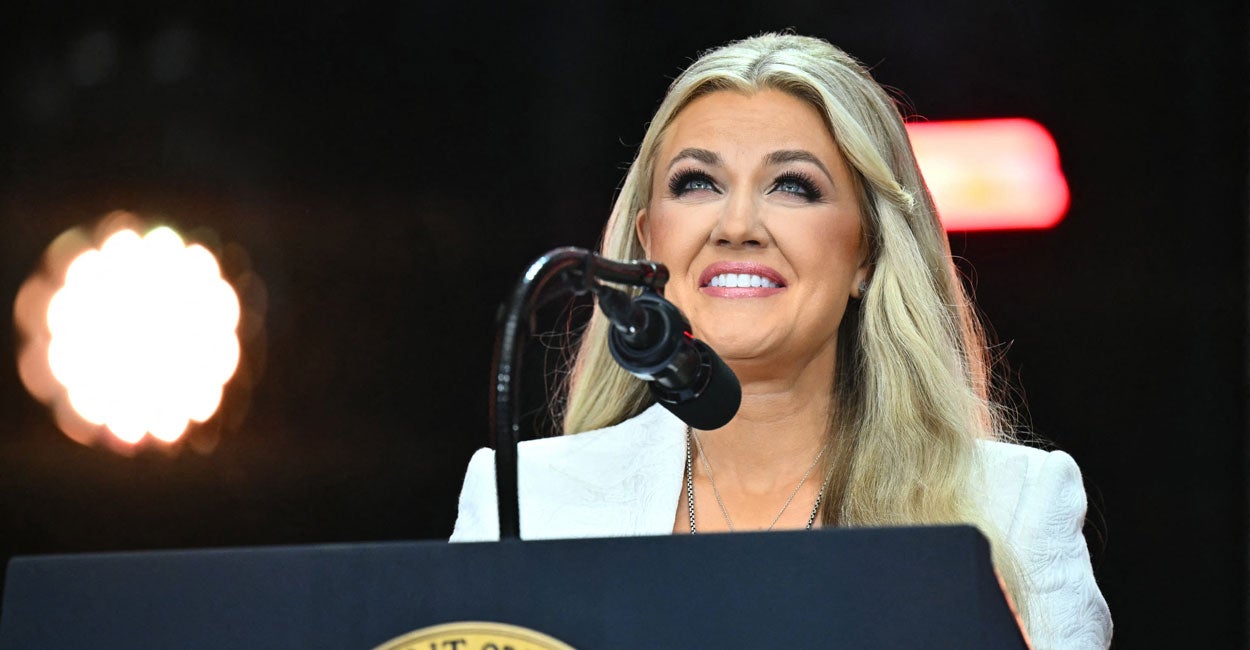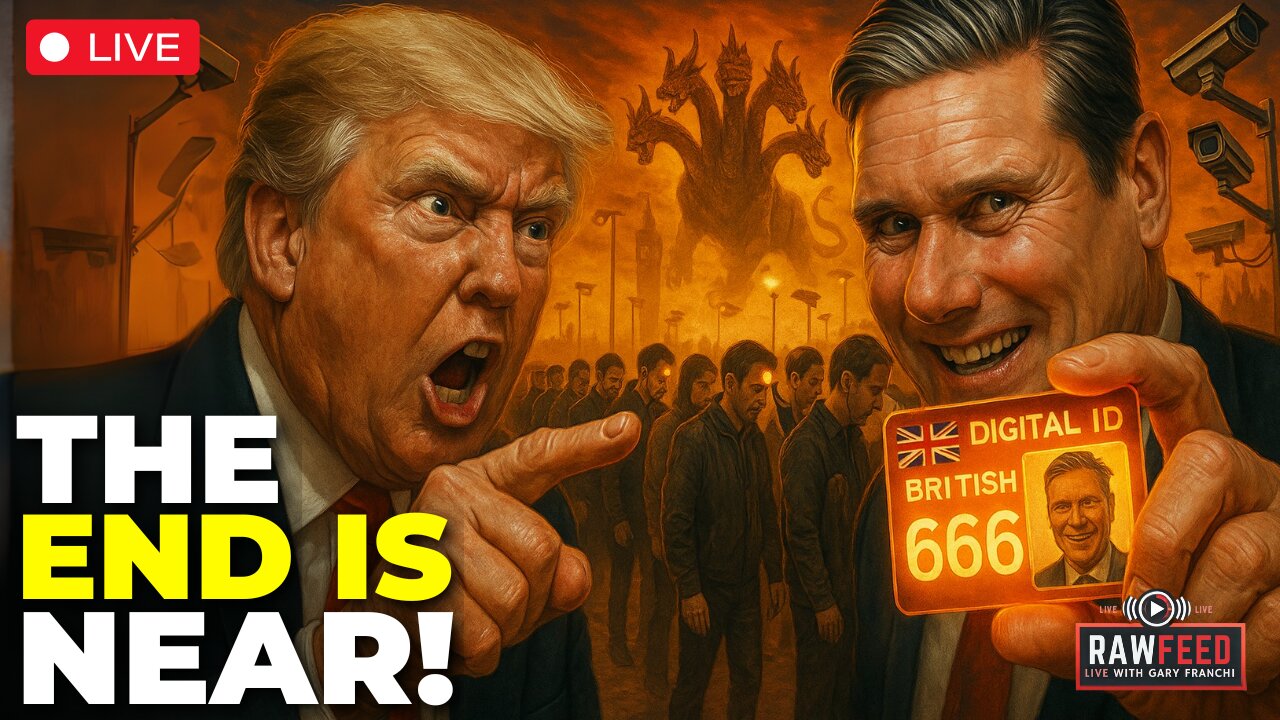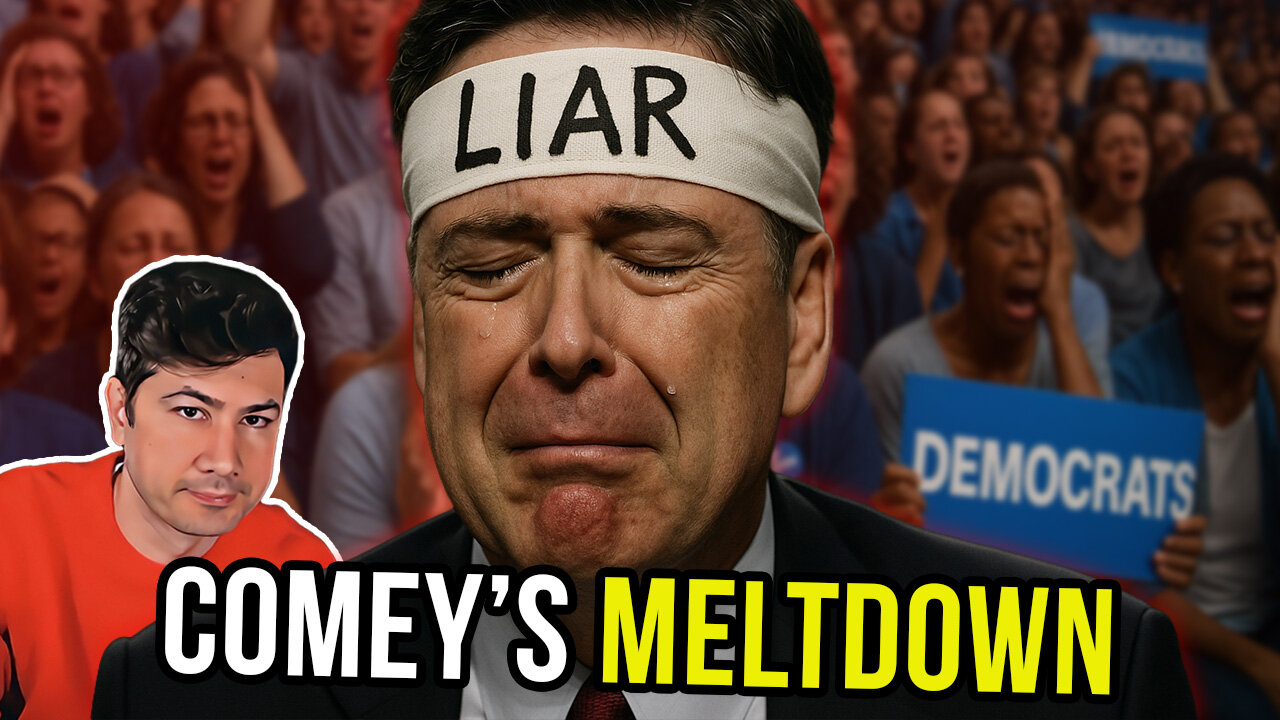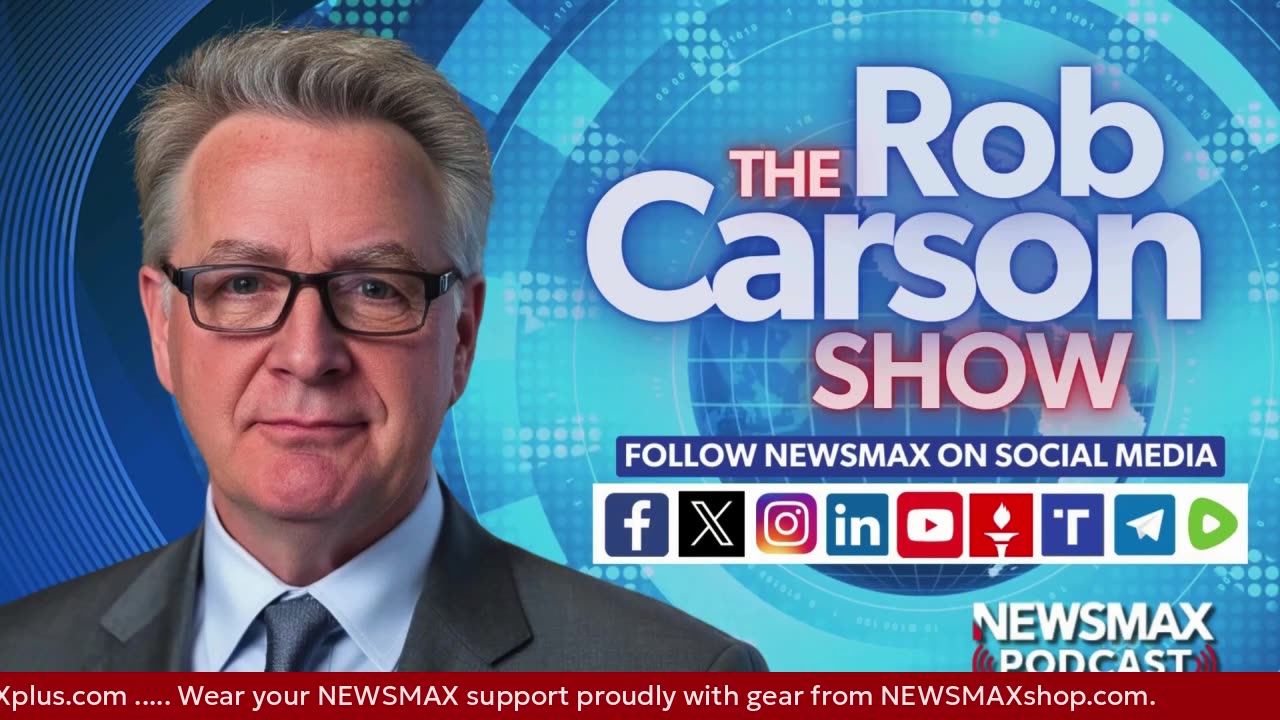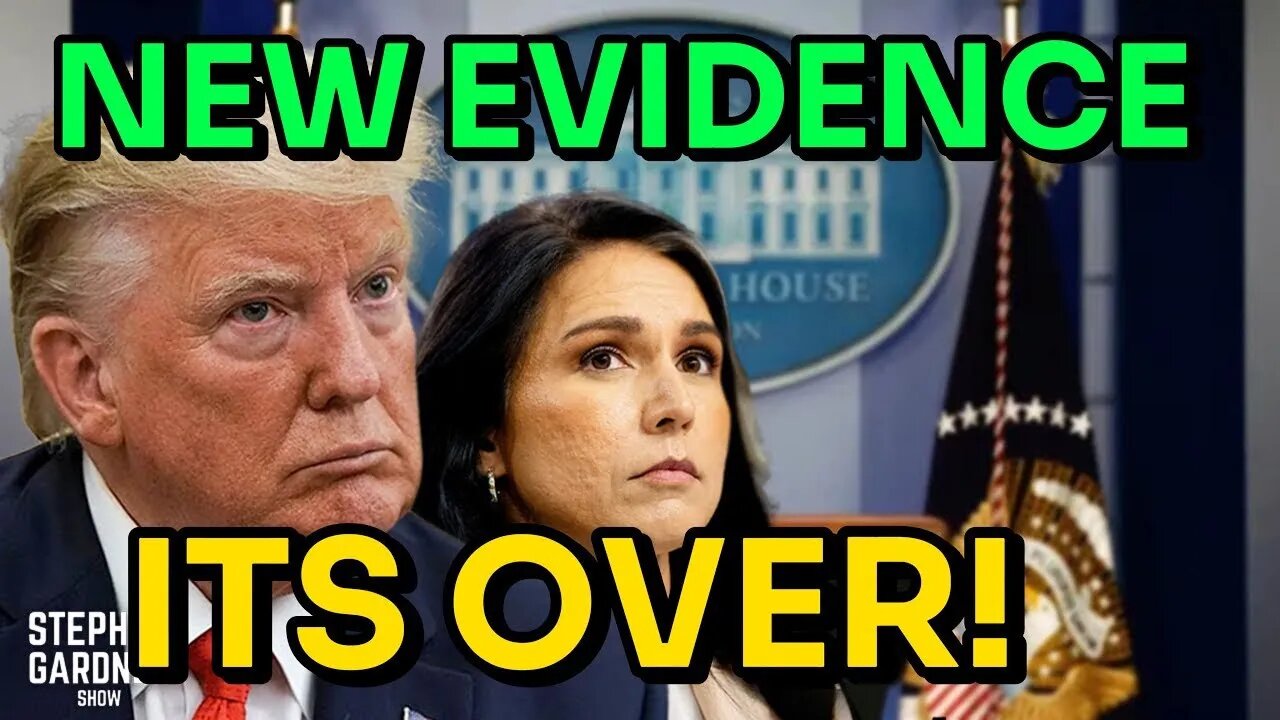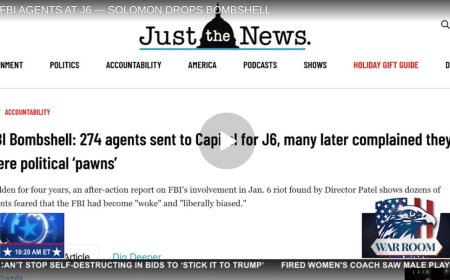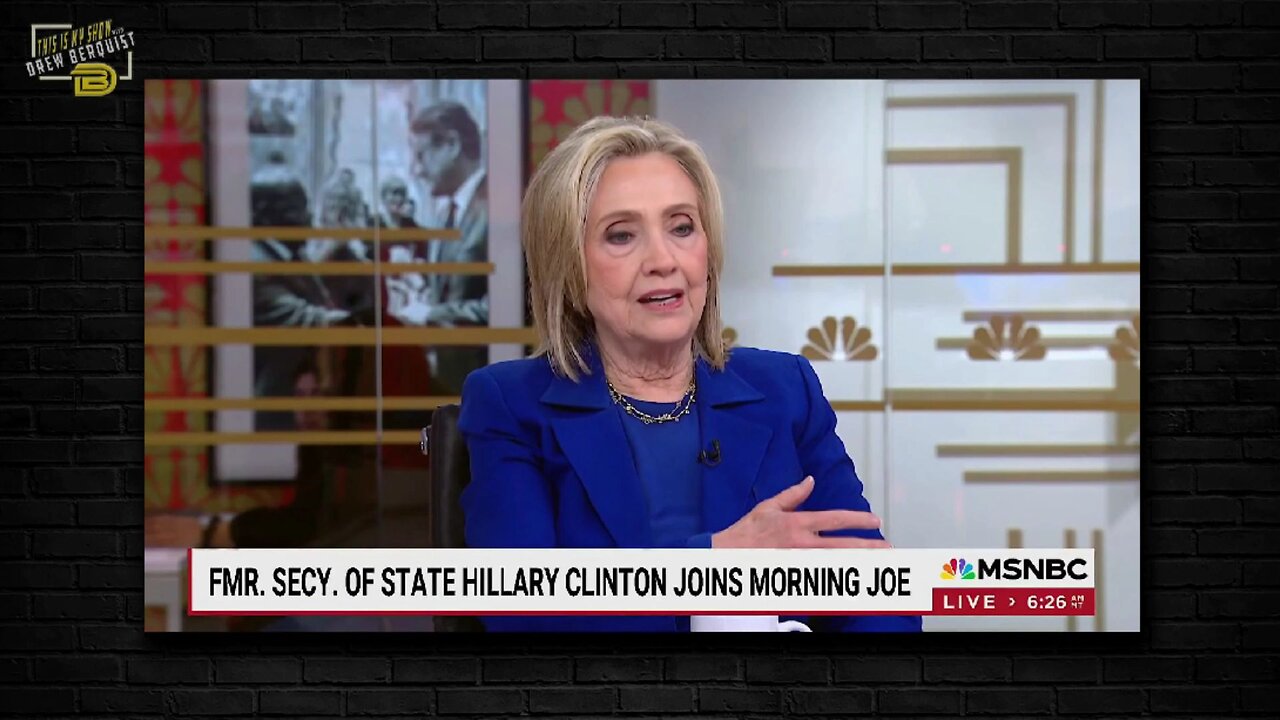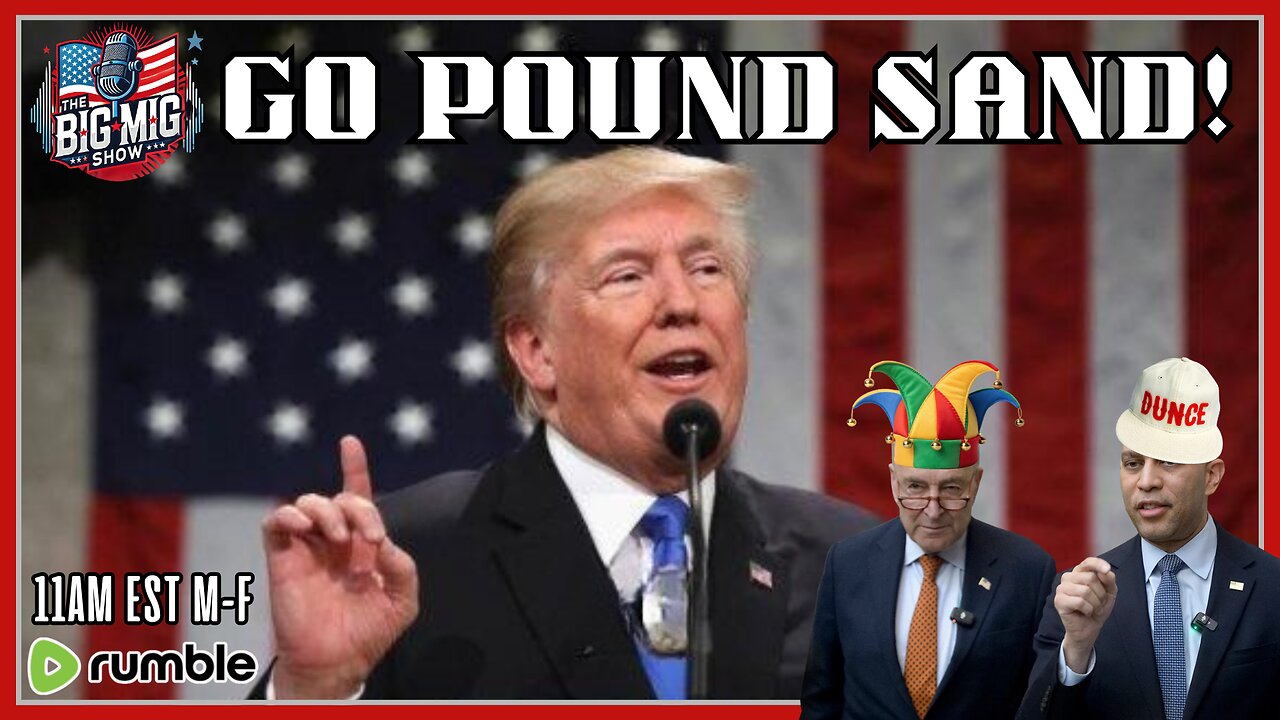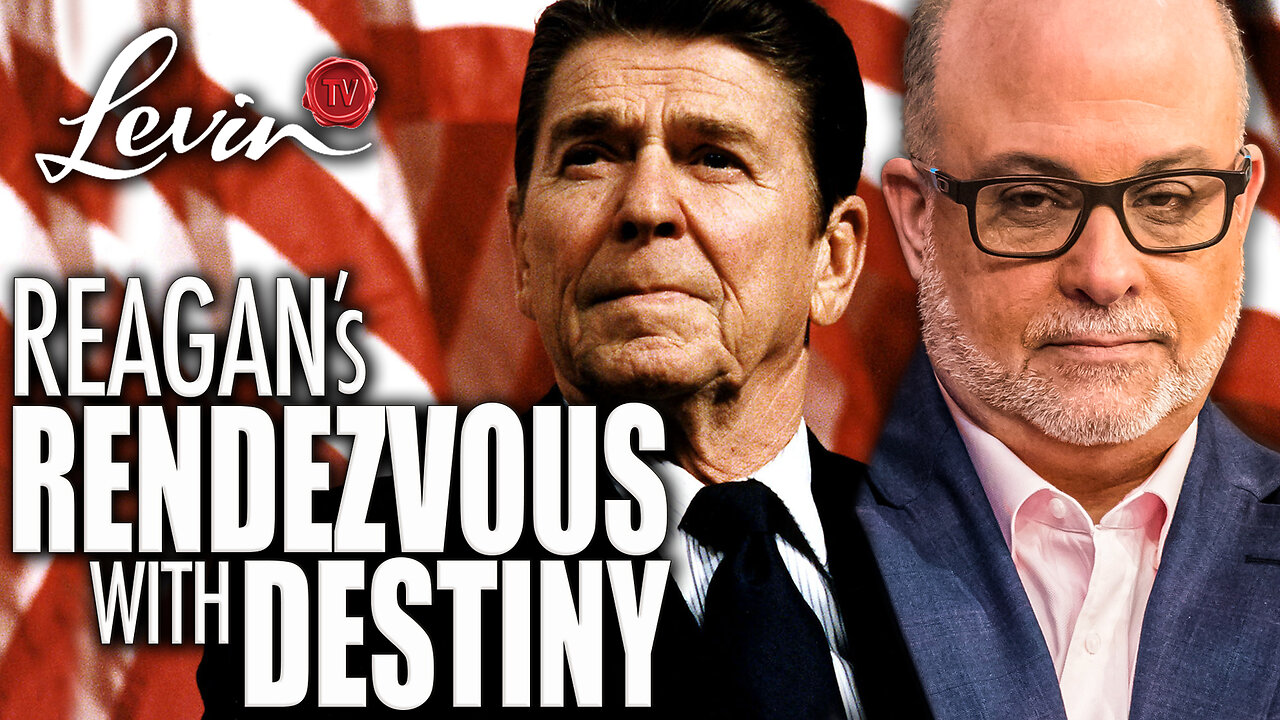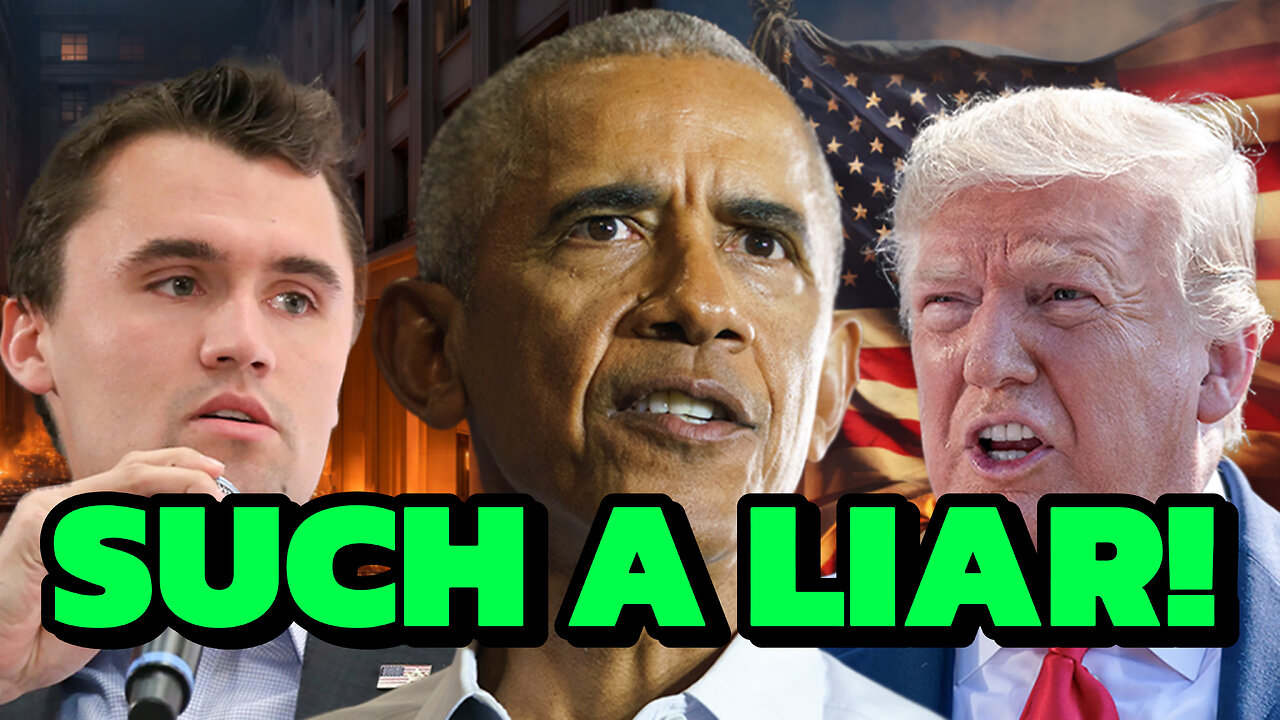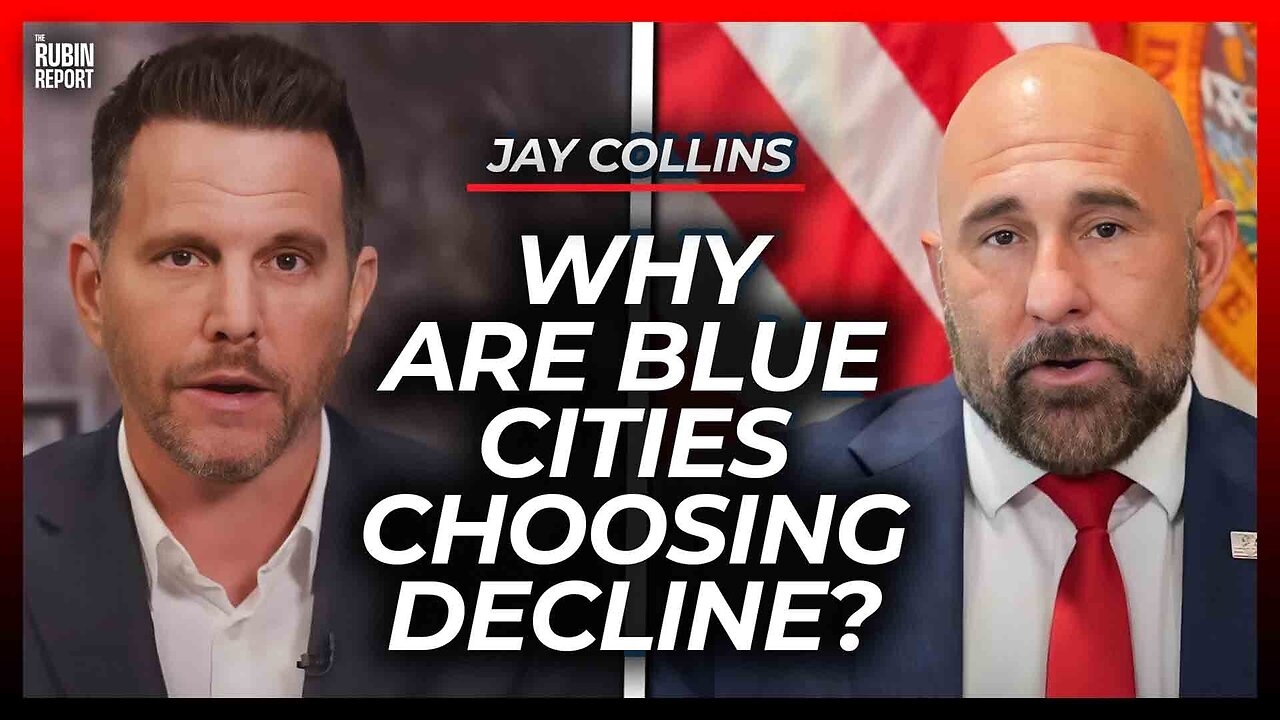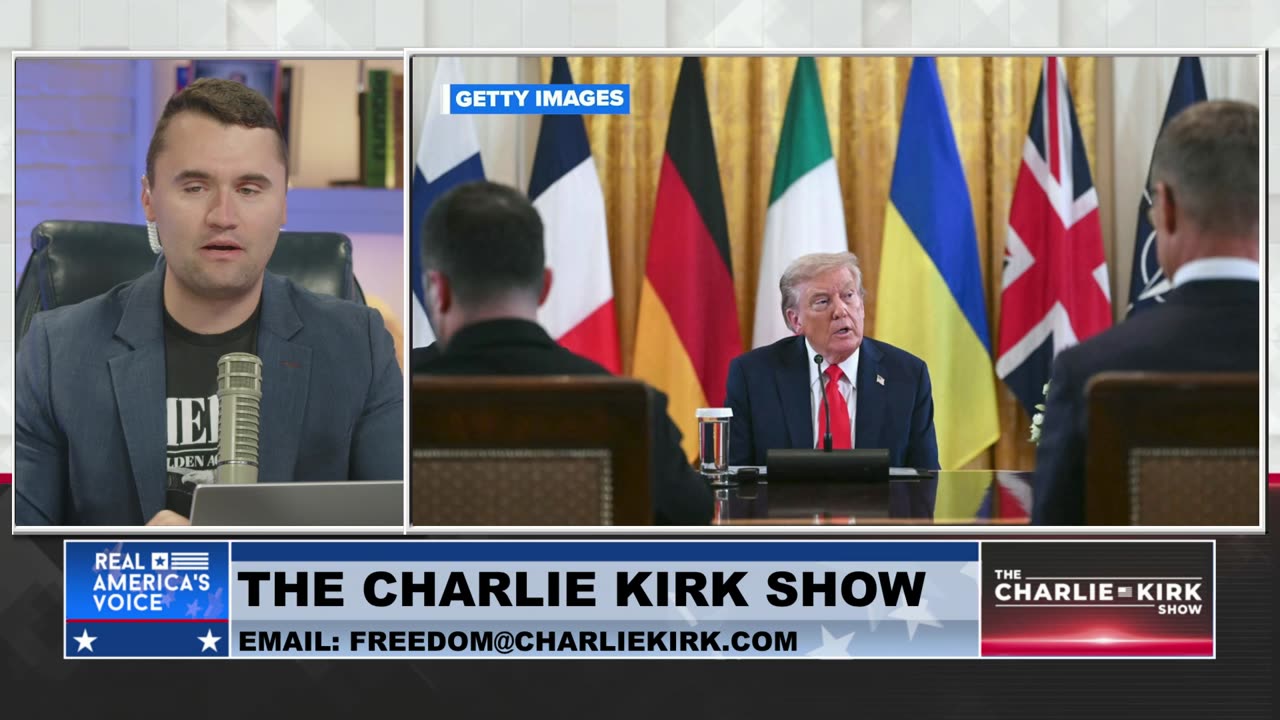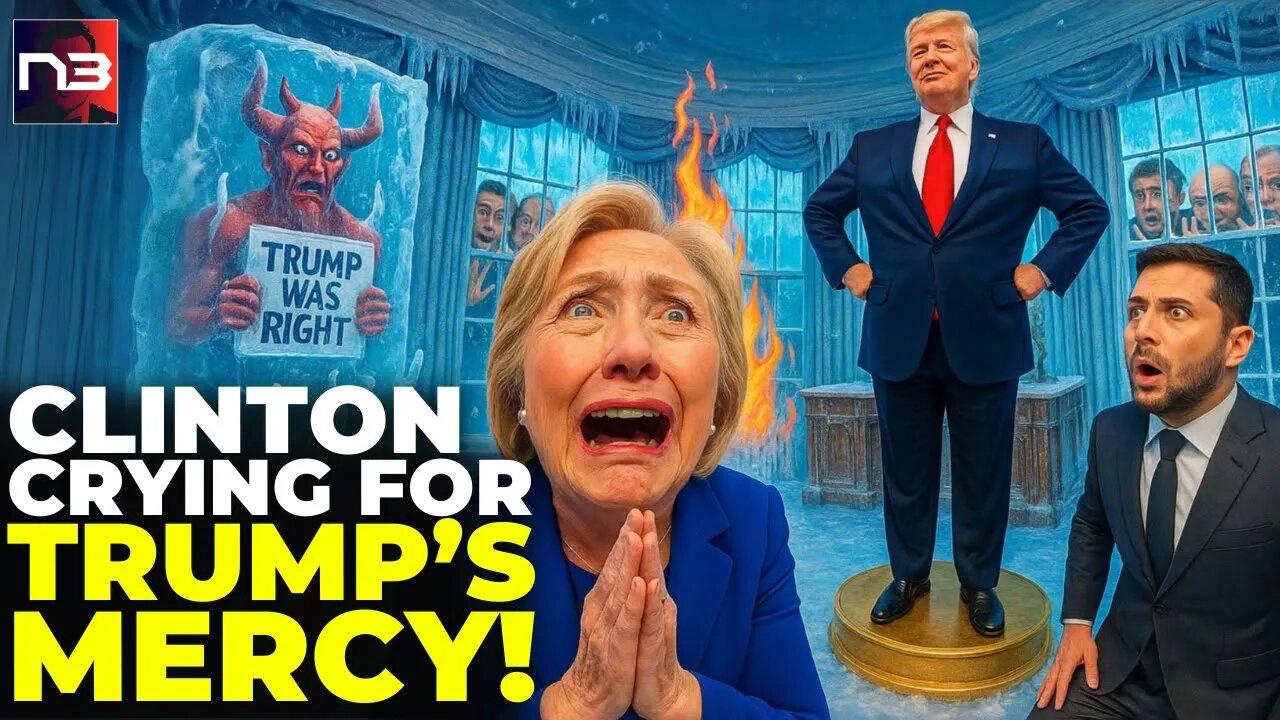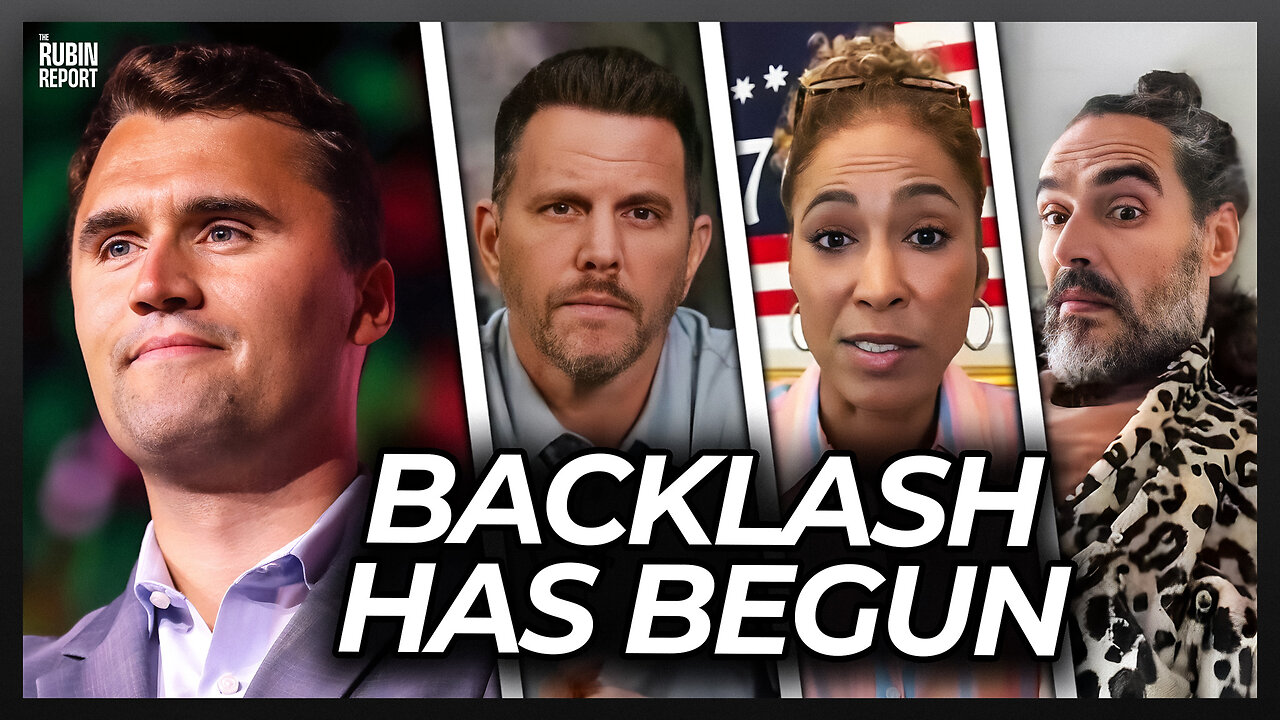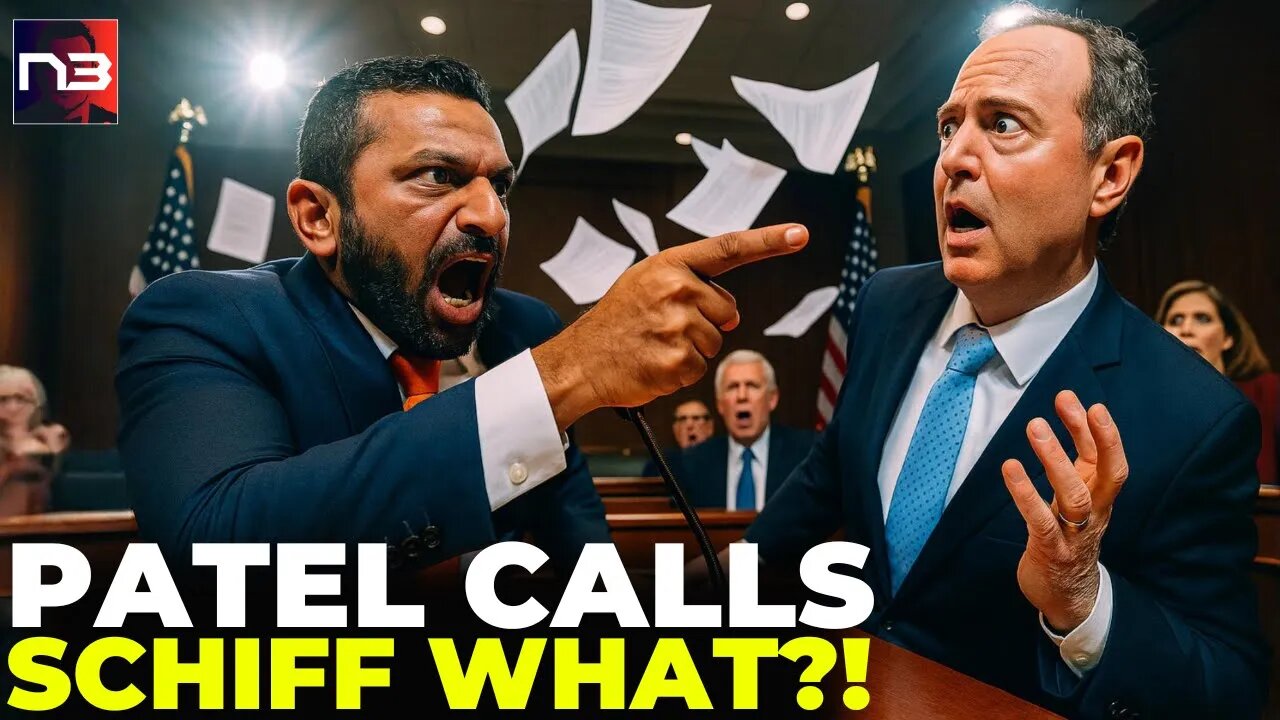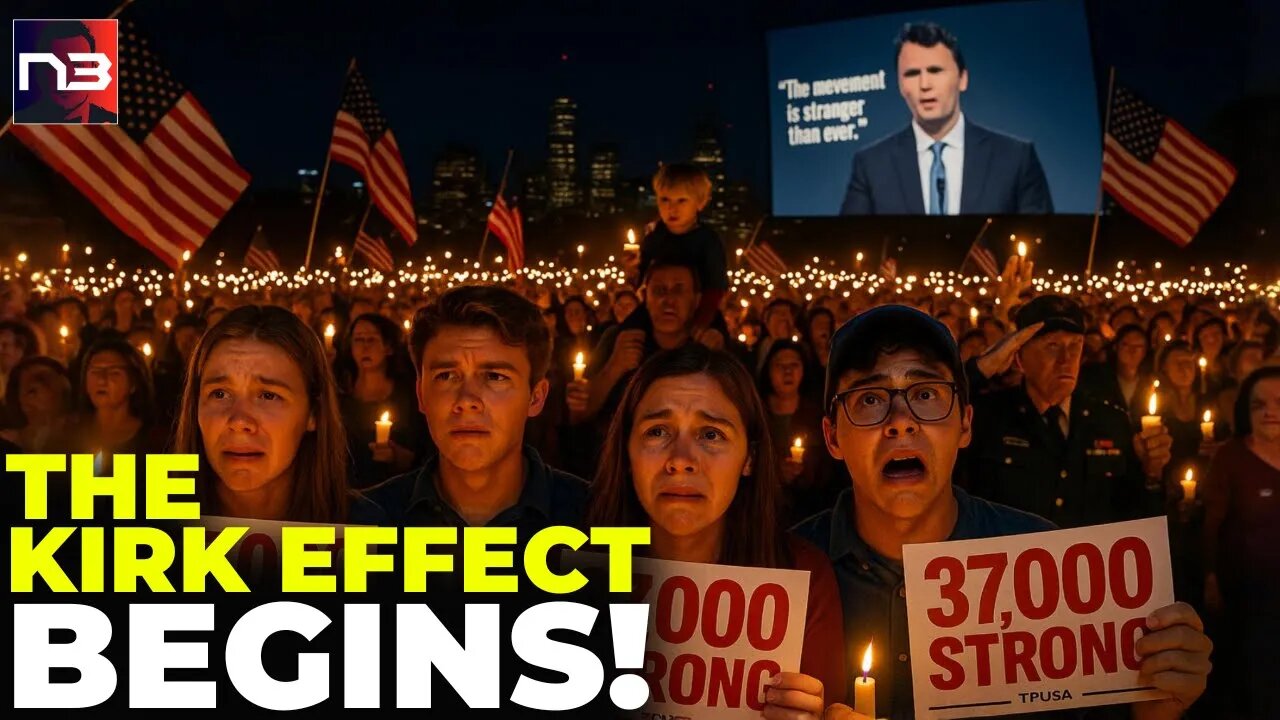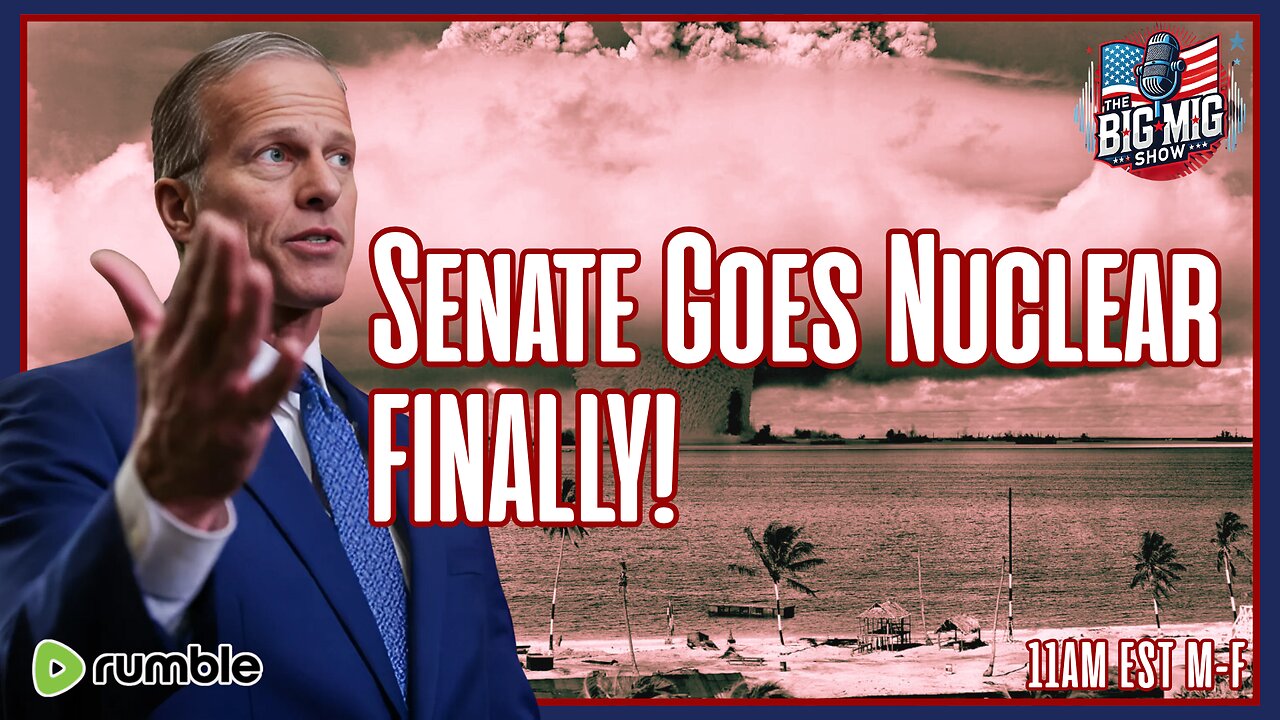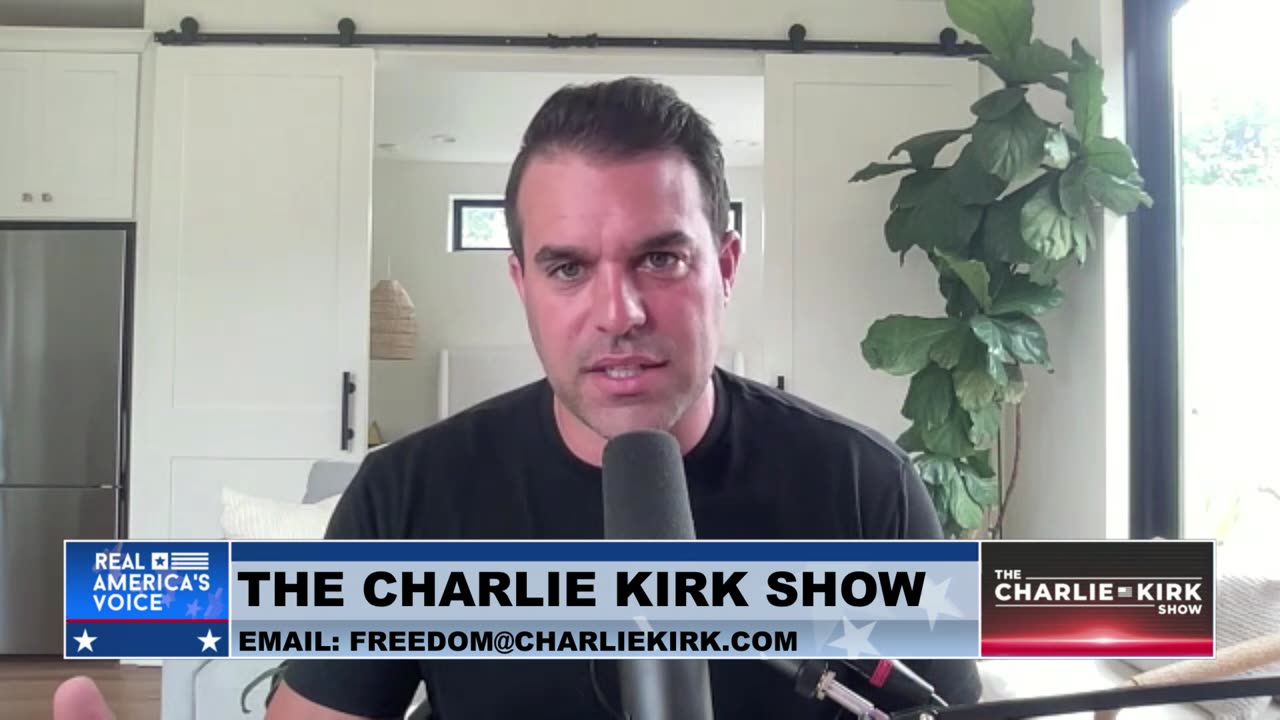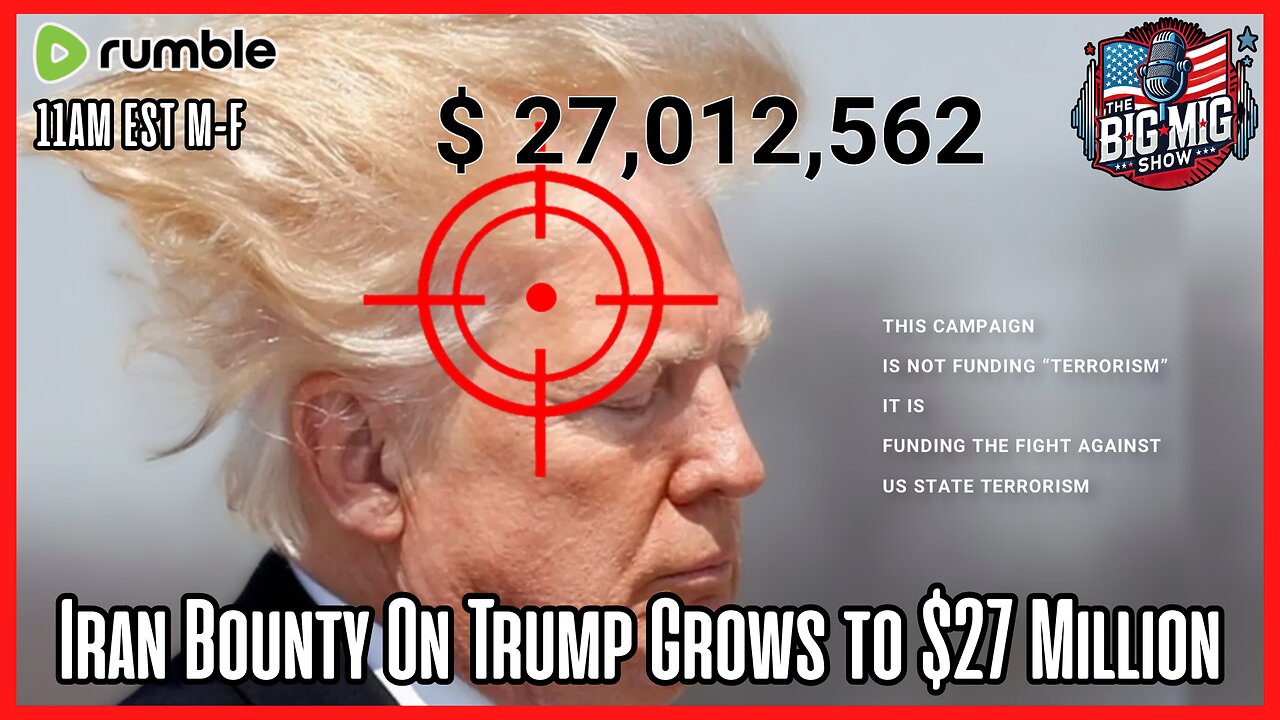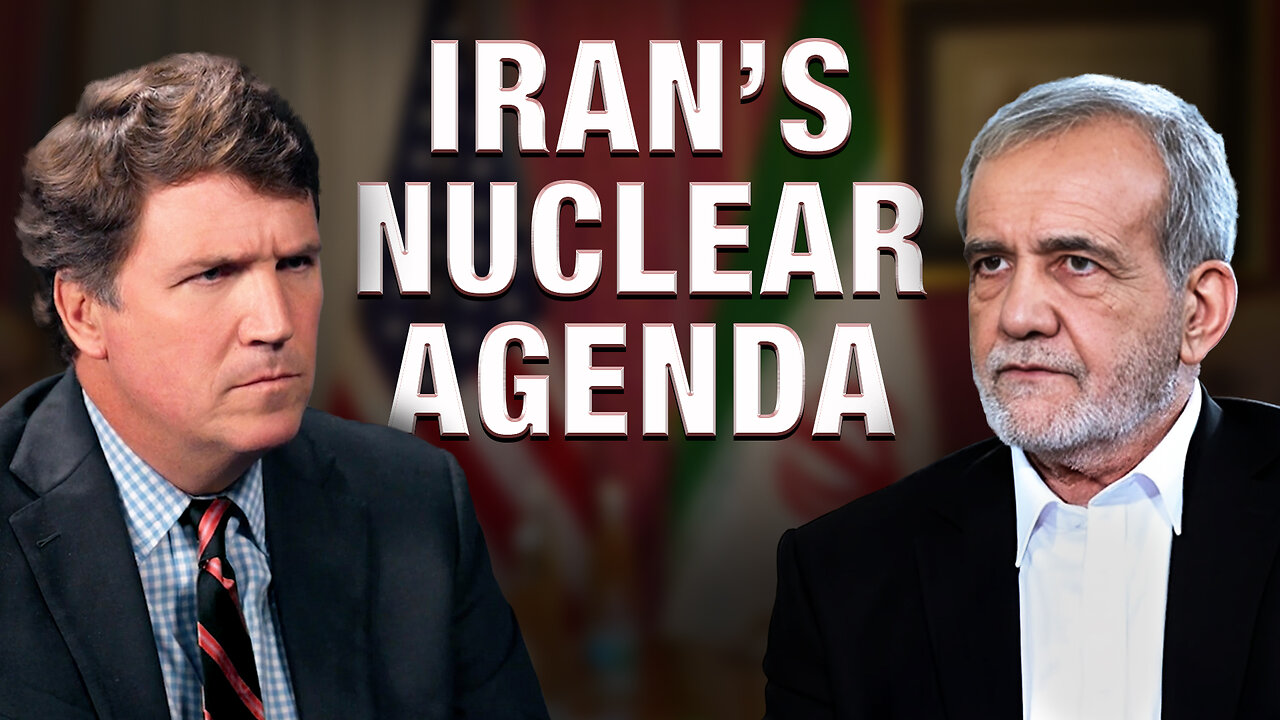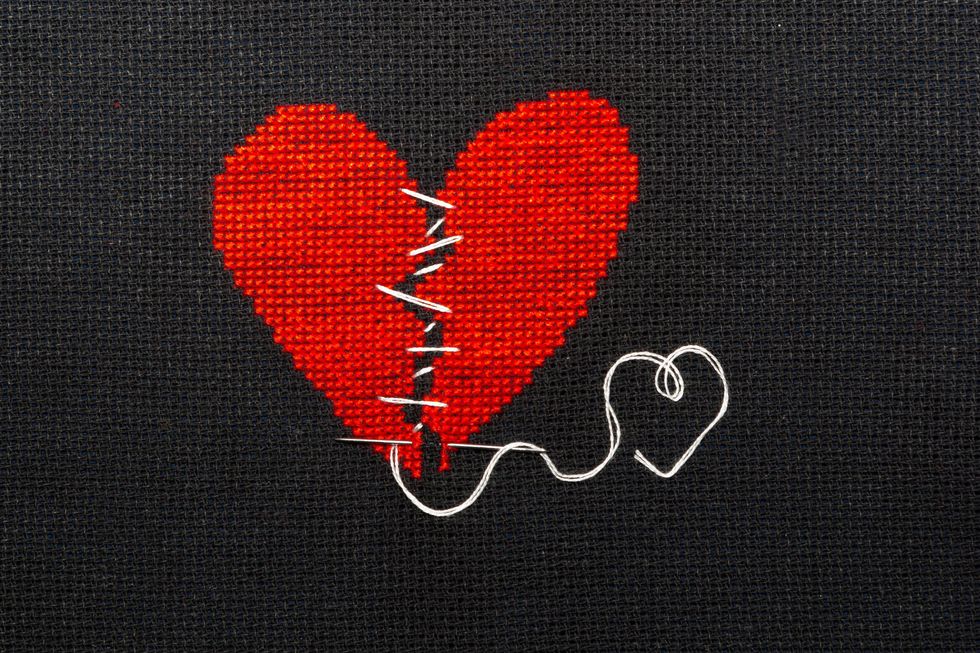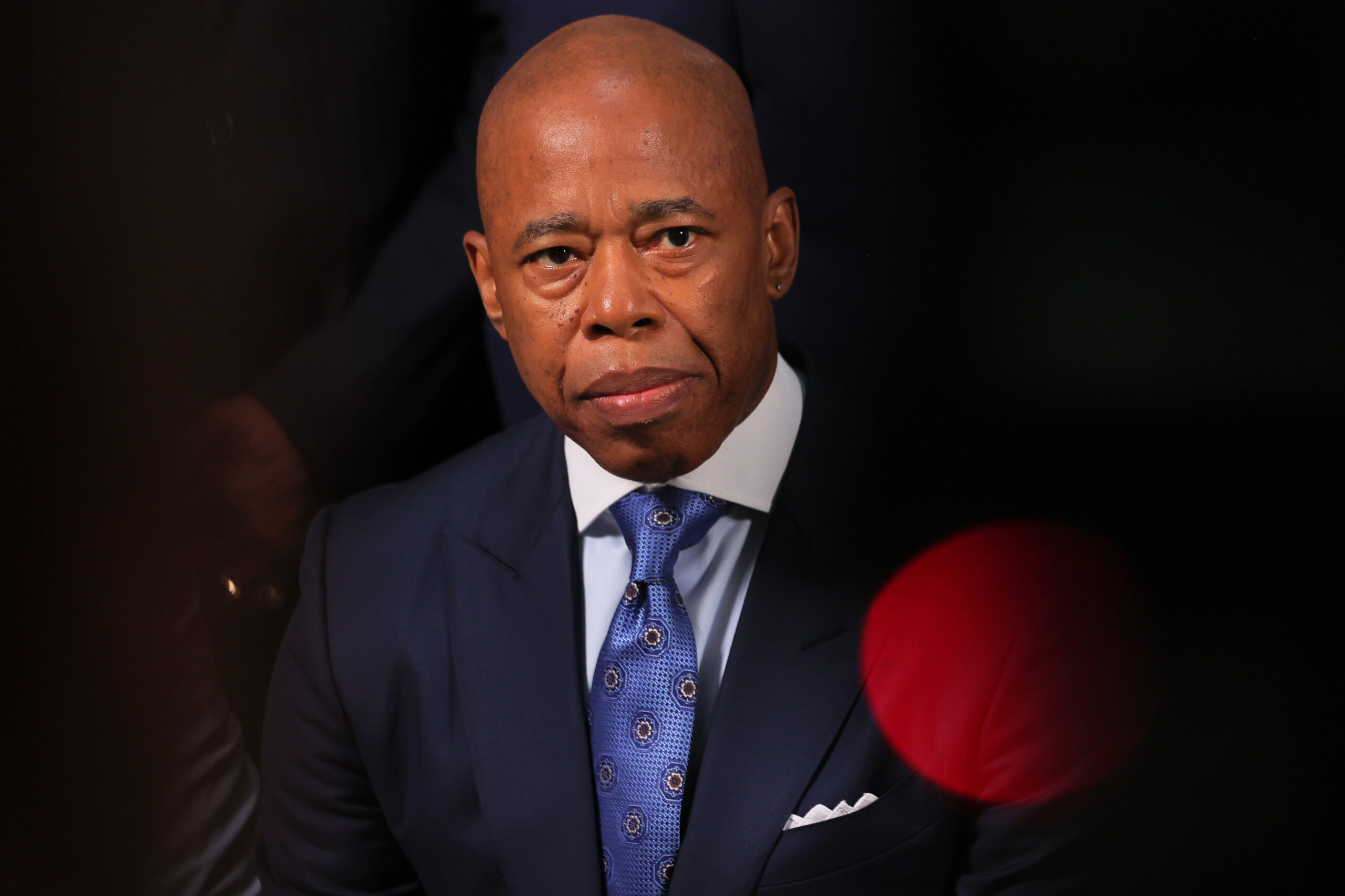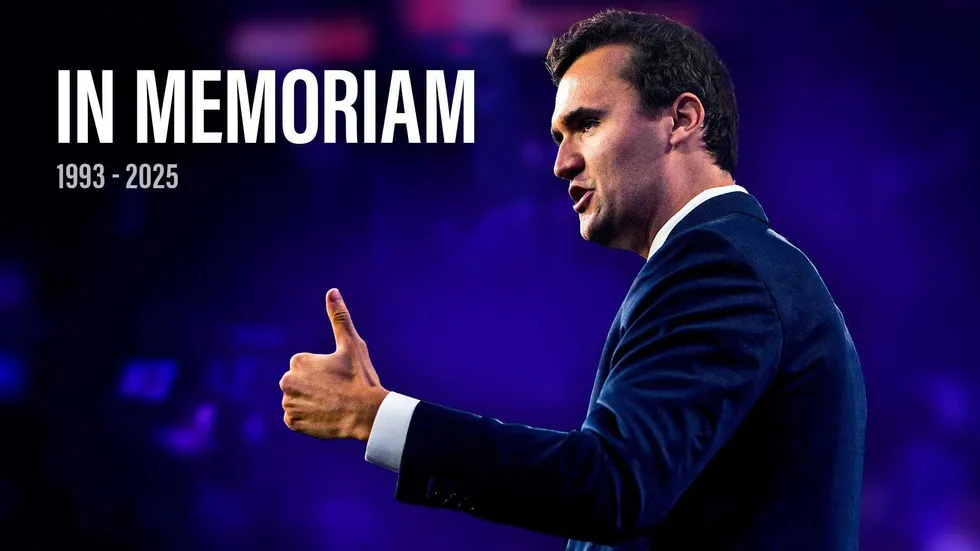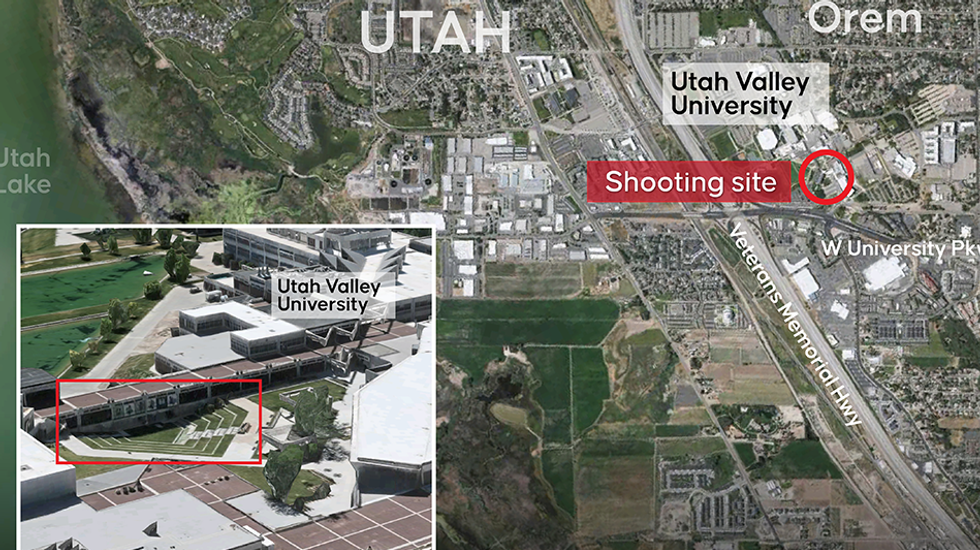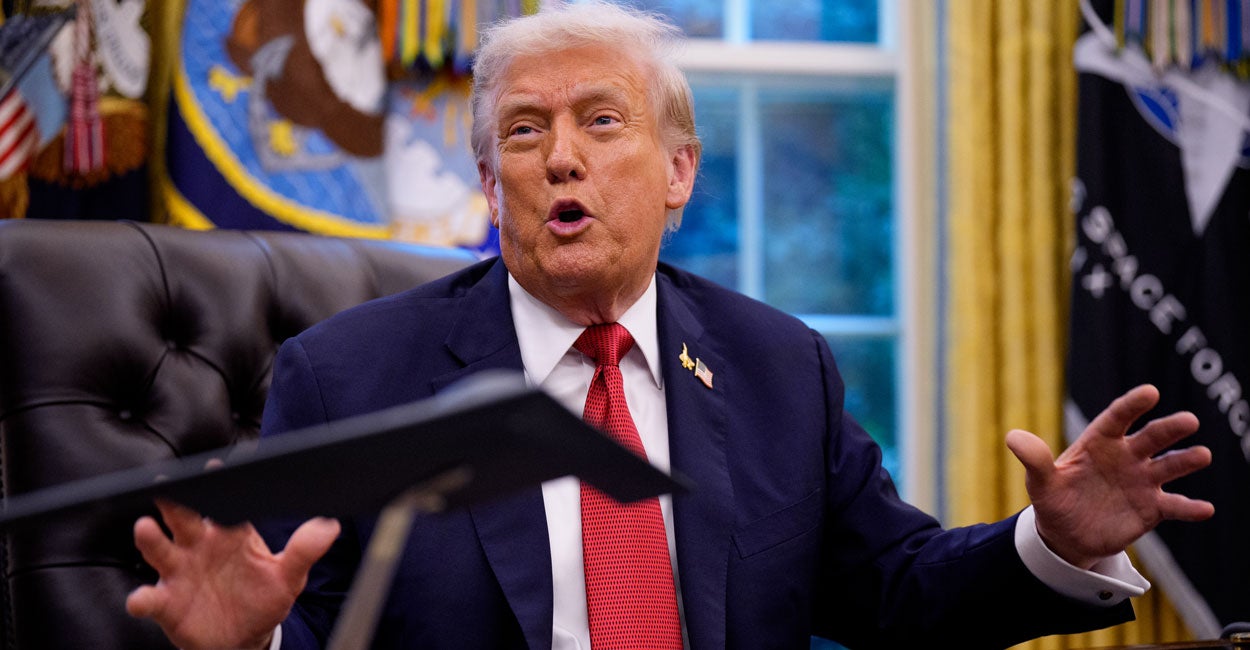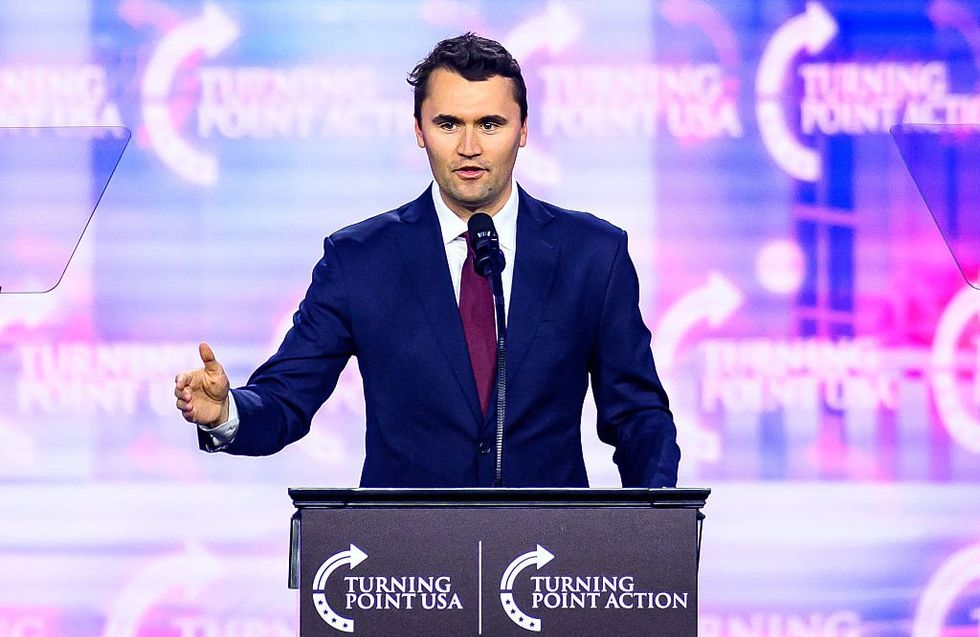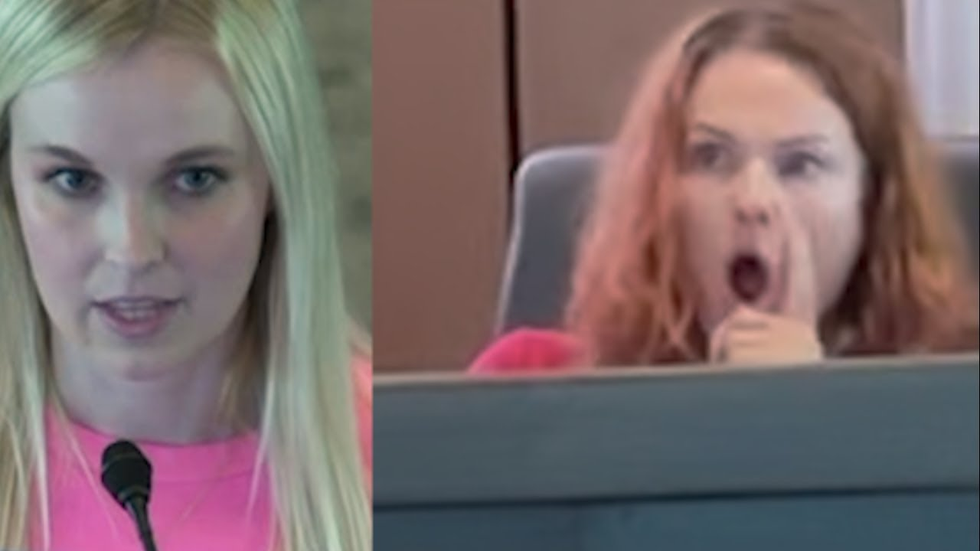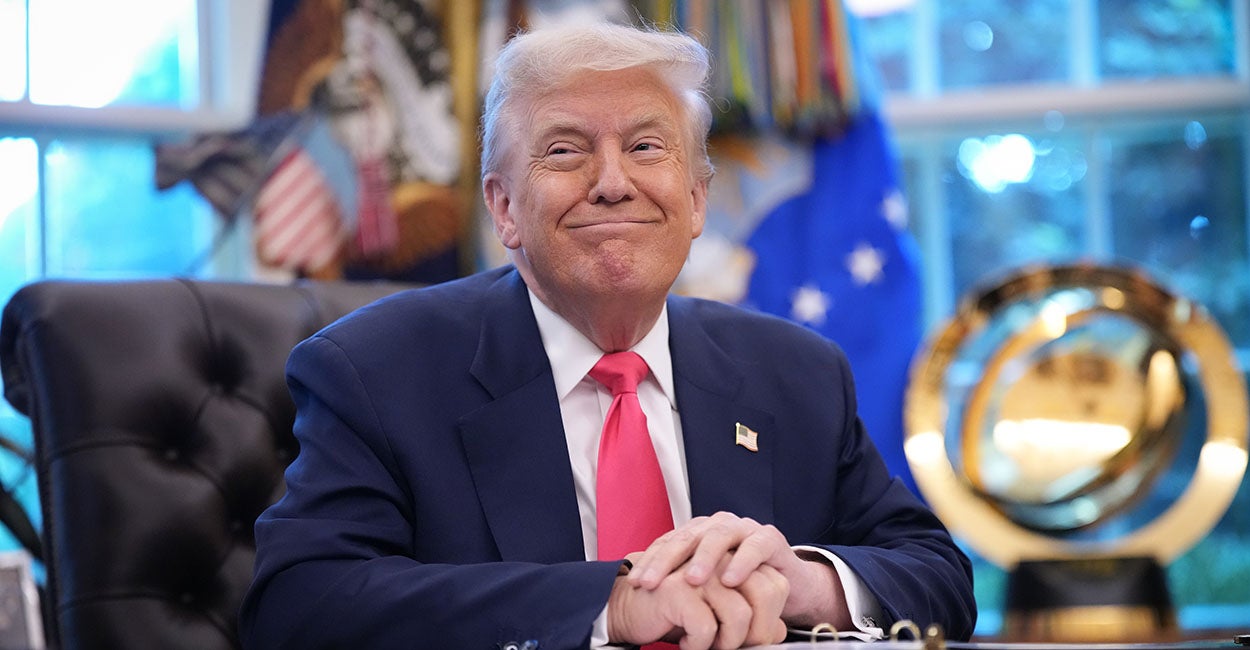Elon Musk Takes Apparent Stance Against Trump Tariffs, Quotes Famed Economist On Merits Of Free Trade
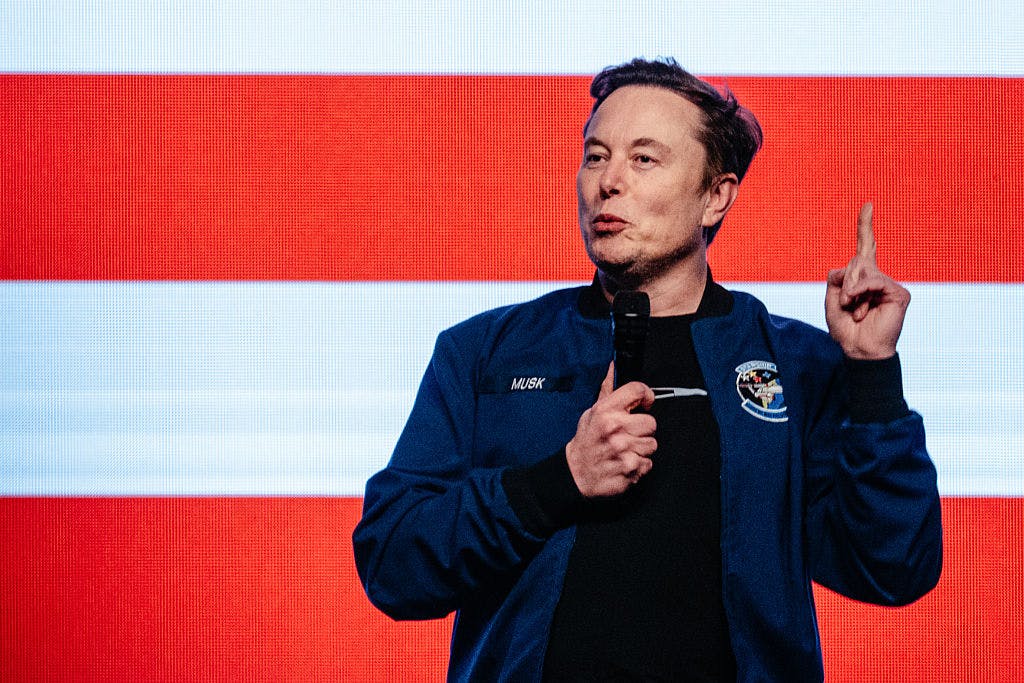
Over the weekend and continuing Monday morning, billionaire Elon Musk has taken an apparent position against President Donald Trump’s tariff strategy that have caused chaos the economic markets.
In posts on X, the social media platform he owns, Musk has been critical of the Trump advisors that crafted the tariff strategy. In response to a video of Peter Navarro defending the tariff strategy on CNN, Musk blasted him on X, saying, “A PhD in Econ from Harvard is a bad thing, not a good thing. Results in the ego/brains>>1 problem.” Navarro, of course, got his degree from Harvard.
One of my favorite Thomas Sowell quotes: pic.twitter.com/wXByh67UXo
— Natalie F Danelishen (@Chesschick01) April 5, 2025
Navarro has hit back against Musk, saying he “doesn’t understand” the issue, and opposes the strategy due to his own interests.
“The thing that’s I think important about Elon to understand, he sells cars. That’s what he does,” Navarro said. “He’s simply protecting his own interests, as any businessperson would do.”
Musk also mocked Commerce Secretary Howard Lutnick justifying the tariffs imposed on the penguin-inhabited Heard and McDonald Islands, saying simply, “This is funny.”
This is funny ????
— Elon Musk (@elonmusk) April 6, 2025
Musk stated on Saturday, “Ideally, both Europe and the United States should move to a zero-tariff situation, effectively creating a free trade zone between Europe and North America. If people wish to work in Europe or wish to work in North America, they should be allowed to do so in my view.”
On Monday, Musk retweeted a video of famed economist Milton Friedman, who was staunchly anti-tariff, offering a paean to free trade, as Freidman famously said:
Look at this lead pencil. There’s not a single person in the world who could make this pencil. Remarkable statement? Not at all. The wood from which it is made, for all I know, comes from a tree that was cut down in the state of Washington. To cut down that tree, it took a saw. To make the saw, it took steel. To make the steel, it took iron ore. This black center—we call it lead but it’s really graphite, compressed graphite—I’m not sure where it comes from, but I think it comes from some mines in South America. This red top up here, the eraser, a bit of rubber, probably comes from Malaya, where the rubber tree isn’t even native! It was imported from South America by some businessmen with the help of the British government. This brass ferrule? I haven’t the slightest idea where it came from. Or the yellow paint! Or the paint that made the black lines. Or the glue that holds it together.
Literally thousands of people co-operated to make this pencil. People who don’t speak the same language, who practice different religions, who might hate one another if they ever met! When you go down to the store and buy this pencil, you are in effect trading a few minutes of your time for a few seconds of the time of all those thousands of people. What brought them together and induced them to cooperate to make this pencil? There was no commissar sending … out orders from some central office. It was the magic of the price system: the impersonal operation of prices that brought them together and got them to cooperate, to make this pencil, so you could have it for a trifling sum.
That is why the operation of the free market is so essential. Not only to promote productive efficiency, but even more to foster harmony and peace among the peoples of the world.
— Elon Musk (@elonmusk) April 7, 2025
Friedman explained in 1978 in another anti-tariff lecture:
We call a tariff a protective measure. It does protect; it protects the consumer very well against one thing. It protects the consumer against low prices. . . .
[W]hen people talk about a favorable balance of trade, what is that term taken to mean? It’s taken to mean that we export more than we import. But from the point of view of our well-being that’s an unfavorable balance. That means we are sending out more goods and getting fewer in. Each of you in your private household would know better than that. You don’t regard it as a favorable balance when you have to send out more goods to get less coming in. . . .
Each of us tends to produce a single product. We tend to buy a thousand and one products. If we impose a tariff on steel, or restrict imports of steel in other ways, the people who benefit are visible and clear and available and apparent. They have a very strong interest to press for restraints in that respect. The interests of the rest of us are very diffuse. Each of us will pay a few pennies more. We don’t have the same interest to oppose it. …
The tendency to concentrate on the productive side of our lives and to neglect the side of consumption is reinforced by the fact that even for the productive side of our lives the visible effects of tariffs are good, the invisible effects of tariffs are bad, even on the productive side. I have already referred to the steel case. It’s perfectly clear that if you restrict the imports of steel, there are some workers in the steel industry who will have jobs they otherwise would not have. The beneficial effects for them of a tariff are perfectly clear. But if we import less steel, foreigners earn fewer dollars. They have fewer dollars to spend in this country. There are people around the country who will not have jobs, not have productive jobs because exports do not develop.
Trump has stood by his tariff strategy, even as the markets plummet. “Some day people will realize that Tariffs, for the United States of America, are a very beautiful thing!” the president said on Monday morning.
Originally Published at Daily Wire, Daily Signal, or The Blaze
What's Your Reaction?
 Like
0
Like
0
 Dislike
0
Dislike
0
 Love
0
Love
0
 Funny
0
Funny
0
 Angry
0
Angry
0
 Sad
0
Sad
0
 Wow
0
Wow
0

